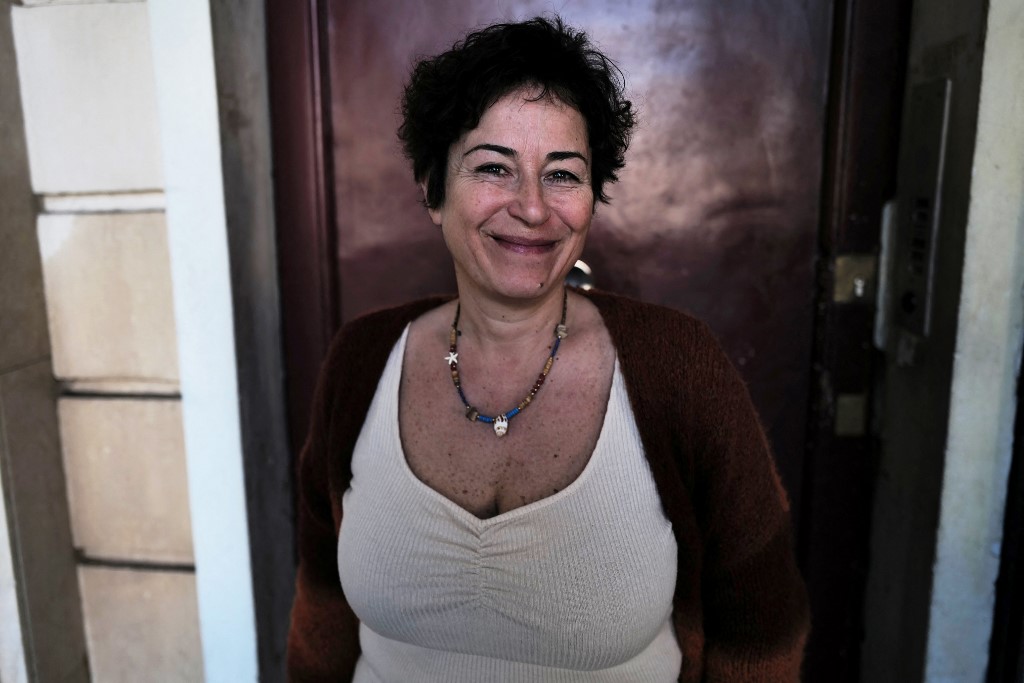A Turkish court held another hearing Friday in the trial of sociologist and writer Pınar Selek over a deadly 1998 explosion, as her supporters protested the case against her outside, Agence France-Presse reported.
Selek, now 51, is long since exiled in France. But the presiding judge told a packed İstanbul courtroom, that the arrest warrant for Selek remained active. He set the next hearing for June 28.
Selek is best known for her research on the Kurdish conflict in Turkey and her work with street children.
As her supporters demonstrated outside the court, international observers including diplomats and one French lawmaker attended the proceedings inside.
Her defenders argue that the case, which they say is based on little or no solid evidence, has dragged on for too long already.
“We have the feeling that (this case) will never end,” French lawmaker Pascale Martin, told AFP after the hearing. “This pressure has been going on for 25 years, it’s humanly impossible.”
Friday’s hearing was the second in a trial that opened back in March. Selek, who fled Turkey in 2008, has been cleared of the same charges in four previous trials.
“This dossier is full of fake evidence. There’s not much to say, it’s a very unfair case,” Selek’s father, veteran lawyer Alp Selek told the court.
The case started when her father, who is also her defense lawyer, was 67 years old.
“I am now 90 years old and this case is still dragging,” he said.
French jurists present in the courtroom also came to her defence.
“Pinar Selek has become a symbol of fight for democratic freedom,” lawyer Francoise Cotta told the judge.
She demanded “justice” and asked for her release.
Life is short
Selek was first arrested in 1998 while studying Turkey’s Kurdish community, which has faced decades of persecution.
She was accused of links to the outlawed Kurdistan Workers’ Party (PKK), listed as a terror group by Turkey and its Western allies.
Selek had been interviewing PKK members to find out why they had chosen armed violence. She was jailed after refusing to divulge their names to the police.
She was eventually charged in connection with an explosion at Istanbul’s popular spice market that killed seven people and injured dozens.
Selek was released in 2000 following the publication of a report blaming the blast on a gas leak.
But that was only the start of her legal problems. More trials followed in the highly controversial case.
She settled in Germany after fleeing Turkey, before relocating to France, where she gained citizenship in 2017.
Selek, who was acquitted four times, in 2006, 2008, 2011 and 2014, now lives and teaches in Nice.
“Life is short, I want to live it well. I don’t want this trial to shape my life,” Selek told AFP in a recent interview.
“They won’t be able to erase my smile or diminish the quality of my thinking,” she said.
Selek faces life in prison without the possibility of parole, a sentence that could keep her from ever returning to Turkey.
On Tuesday, PEN America, which campaigns for the freedoms of writers, urged the Turkish government to dismiss all charges against Selek.
“The Turkish government’s relentless persecution of Pinar Selek comes from their fear of her ability to amplify marginalized voices through her research on minority rights and Kurdish communities,” said PEN America’s Justin Shildad.



